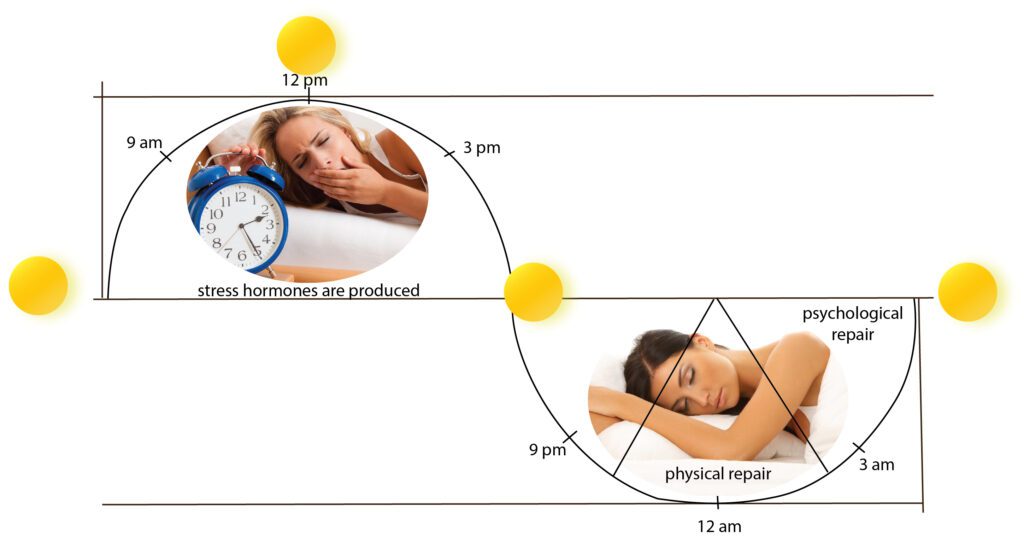Introduction:
Quality sleep is crucial for overall health and well-being, but its importance becomes even more apparent when considering its impact on orthopedic health. In this article, we’ll delve into the connection between sleep and joint recovery and repair, exploring how adequate rest can positively influence orthopedic health outcomes.

How does sleep affect injury recovery?
Sleep plays a vital role in injury recovery, especially for orthopedic injuries. During sleep, the body undergoes various repair processes, including tissue regeneration and muscle recovery. Adequate rest ensures that these processes occur efficiently, allowing injured joints and tissues to heal properly. Additionally, sleep helps reduce inflammation, which is essential for managing pain and promoting healing after an injury.
How does sleep affect overall recovery?
Beyond injury recovery, sleep is essential for overall recovery processes in the body. During sleep, the body releases growth hormones that stimulate tissue repair and muscle growth. This is particularly important for individuals undergoing orthopedic treatments or surgeries, as adequate rest supports the body’s ability to recover from these interventions. Moreover, sleep helps regulate immune function, which is crucial for combating infections and promoting healing post-surgery.

How does sleep affect your health?
Sleep plays a significant role in maintaining overall health and well-being. Chronic sleep deprivation has been linked to various health problems, including obesity, diabetes, cardiovascular disease, and mental health disorders. In the context of orthopedic health, inadequate sleep can exacerbate pain and inflammation, prolong recovery times, and increase the risk of complications following orthopedic procedures. Therefore, prioritizing quality sleep is essential for preserving both orthopedic and overall health.
How does sleep help repair the body?
During sleep, the body enters different stages of rest, each serving specific functions related to repair and restoration. In the deep stages of sleep, known as slow-wave sleep, the body experiences increased blood flow to muscles, promoting tissue repair and growth. Additionally, during rapid eye movement (REM) sleep, the brain undergoes processes essential for cognitive function and memory consolidation. Both of these sleep stages are critical for overall body repair, including orthopedic tissues and joints.

Conclusion:
In conclusion, quality sleep is indispensable for orthopedic health, playing a vital role in injury recovery, overall recovery processes, and overall well-being. By prioritizing adequate rest, individuals can support their bodies’ ability to heal from orthopedic injuries, surgeries, and other treatments. Additionally, maintaining healthy sleep habits can contribute to better orthopedic outcomes and long-term joint health. Therefore, integrating sleep hygiene practices into daily routines is essential for optimizing orthopedic health and promoting overall wellness.
Know More About Injury Recovery: Why Sleep is So Important
Managing Orthopedic Pain with Mind-Body Techniques
